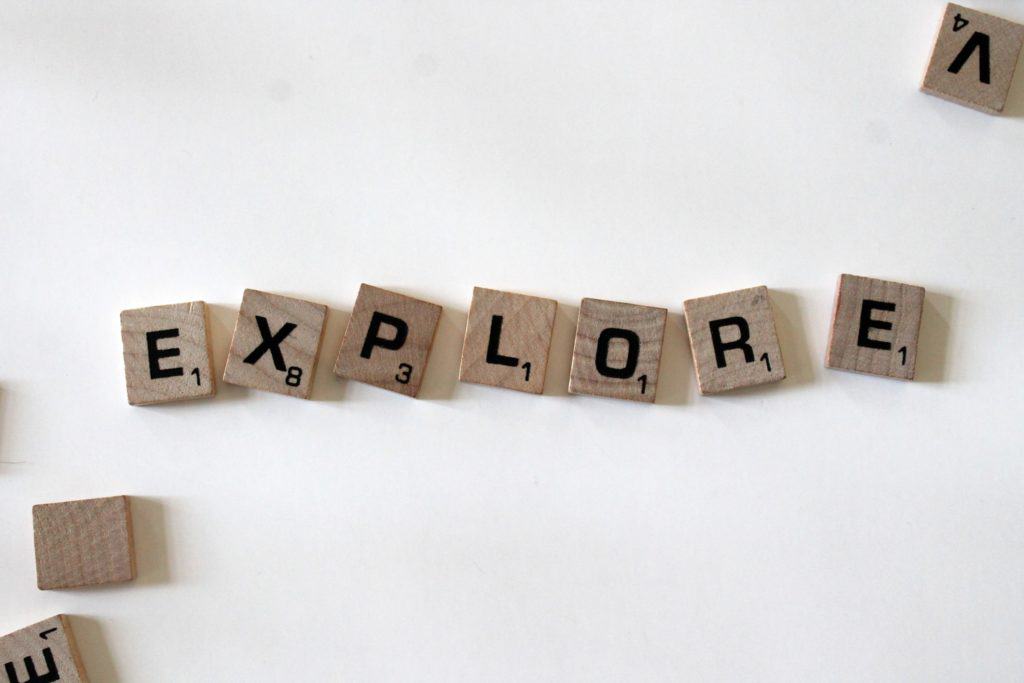Today, let’s talk about writer’s block and how to overcome it. You’ve definitely gone through a period (or more) when you think everything you make is pure crap and, therefore, you avoid creating altogether since you have “Writer’s Block”. It used to be an issue for me, but I’ve recently shifted to a more active way of dealing with Writer’s Block and I want to talk about it with you:

Lets first define the dragon:
“Writer’s block is a condition, primarily associated with writing, in which an author loses the ability to produce new work, or experiences a creative slowdown. The condition ranges from difficulty in coming up with original ideas to being unable to produce a work for years.” (Wikipedia). We all know you shouldn’t quote Wikipedia, but it is a good definition.
My point of view:
I don’t believe in it. In my opinion, it’s all your mind’s creation.
It does happen, but it happens to everyone and it is NORMAL and even expected. The problem to me is that we use this as an excuse to not create/work, or even something to blame why things aren’t happening for us. I see creativity as a muscle and, as with any muscle, the more you exercise it, the easier it will be to use it when you need it. Let’s continue this muscle analogy.
When you haven’t worked out for a year, you don’t just lift the same weight you would have a year ago. How do you get back to it? Step by step, one pound/kilo at a time. Different example; you’re used to running 10 miles a day, but you neglected this habit for 6 months. Now, you decide you’ll start running again. Will you be able to run 10 miles again on day 1? Possibly, but it will be WAY harder than it used to.
Well, guess what? Creativity is exactly the same.
One step at a time:
When I go for long periods of time without creating, I always go to Hooktheory first and start learning chords from songs I like to get the creative juices flowing. After that, I try to create and finish a chord line. Most of the time what I create isn’t good, but what matters is finishing something, i.e., taking the first step. If I have more time, I repeat the process over and over.
The next day, I start by doing the same process I did the day before, but I add a third step, which is messing with midi files from Sample Packs and tweaking them. So, in order: go to Hooktheory, create a chord line, tweak a midi file. Sometimes I add in an acapella to write melodies on top of it, and sometimes just messing around on Hooktheory will get you going.
Sometimes I might even need a third day, fourth, etc… when doing this method, normally, on the third or fourth day, I’ll have something I like to work with.
Is this fun?
Definitely not, and sometimes it can be a pain. The goal here is to practice creativity, and by exercising it, you’ll progress to an easier creative process tomorrow (as you would with a muscle). Therefore, whether or not you create something worthy, it’s already time well spent.

How to avoid it the next time?
The main concept that I wanted to share today is that creativity has to be a habit, and not something you only practice when you finish a song and want to start the next one. Therefore, the way to avoid this creativity burnout is to always practice it. Sometimes we get stuck in production mode, wanting to end our current song, but we forget to practice other elements of music production that will be key to our next song. So, just like going to the gym, practice creativity every week.
When these creative burnouts happen, there is no easy way to regain your creative confidence, but it is something we need to pass through to overcome it. The longer we let ourselves burn out, the harder it will be to face this challenge. So, don’t let this issue become yours. Face the dragon!
Recommended books/posts on the Writer’s Block:
- “The Creative Habit: Learn It and Use It for Life”, by Twyla Tharp
- “Steal Like an Artist”, by Austin Kleon
- “The Surprising Habits of Original Thinkers”, by Adam Grant (TEDxTalk)
- “15 Ways to Create Musical Ideas and Crush Creative Block”, by EDMProd
- “Creative Confidence: Unleashing the Creative Potential Within Us All”, by Tom Kelley & David Kelley
———————
If you want to dig deeper into how to get out of this creative block, check this post I made on six ways to get your creativity unstuck. If you have any weird ways to get creatively unstuck, please comment below so other people can try it too.